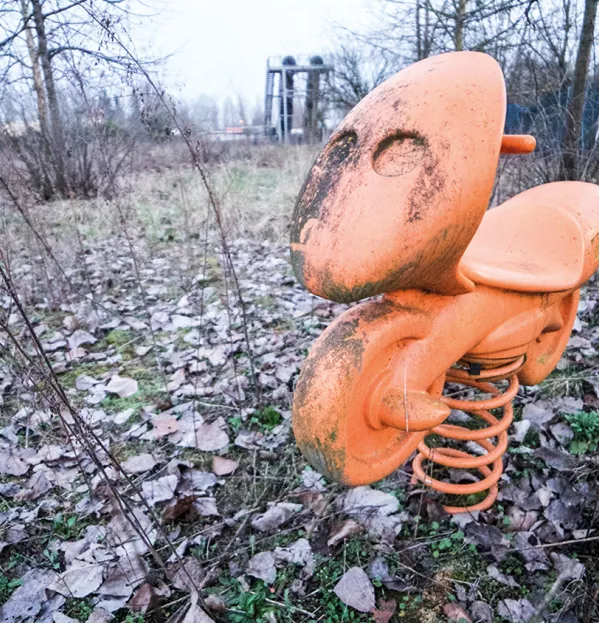As teachers, we see first-hand how children are affected in their learning environments by increasingly unhealthy habits and lifestyles. Children today lead more sedentary lives than previous generations, and many parents and carers face difficult challenges that simply did not exist before.
For example, many parents in our area of north Glasgow don’t feel that the local environment is sufficiently safe for their children to play outside, and there’s no local sports centre. Paying for public transport to get to the nearest one is not an option for some.
While these barriers are completely understandable, they do restrict children’s opportunities to socially interact with others, problem-solve and assess risks. This can result in a child having difficulty learning to share, working as a team or communicating effectively - thereby directly affecting their performance in the classroom.
As educators, we must adapt our curriculum to encourage an active lifestyle, help children to form healthy habits and enable them to get the most out of their education. Of course, children spend far more time at home than they do in school, and that is why it is so important that we get parents and carers on board. But how?
Healthier and happier pupils
On Our Marks, a project supported by the charity Winning Scotland Foundation, is helping us to embrace a new approach to getting active and adopting a healthy lifestyle at school and at home. Our pupils have become happier, healthier and more able to learn as a result.
The importance of the involvement of pupils’ family members cannot be underestimated. All our data shows that those children whose families are involved in their learning generally do better at school.
We have organised training sessions for parents and carers, to demonstrate that physical wellbeing can be improved through simple activities, inside or outside. We use materials they may have lying around their house to imitate bats, balls and targets: scrunched-up newspapers can become balls; envelopes double as bats; and shoeboxes are perfect targets for throwing soft toys.
We have also issued “physical homework”, which pupils really enjoy and parents can join in with.
Since implementing the initiative, we have evaluated parental involvement, and have been thrilled to see a significant increase in the attendance of parents and carers at all P1-2 events. Even better, a parental survey (with more than 140 responses) shows that more than three-quarters of parents and pupils have reduced their “screen time” (watching TV, playing on iPads) since we started the initiative.
Anything that promotes parents and children spending time together, engaged in activities that are healthy and fun, leads to happier, healthier families and stronger family bonds. Crucially, we know that physically fitter children will enjoy a boost in confidence at school, as well as raised attainment levels. It’s a win for everyone.
Evelyn Gibson is headteacher at Saracen Primary School in Glasgow
